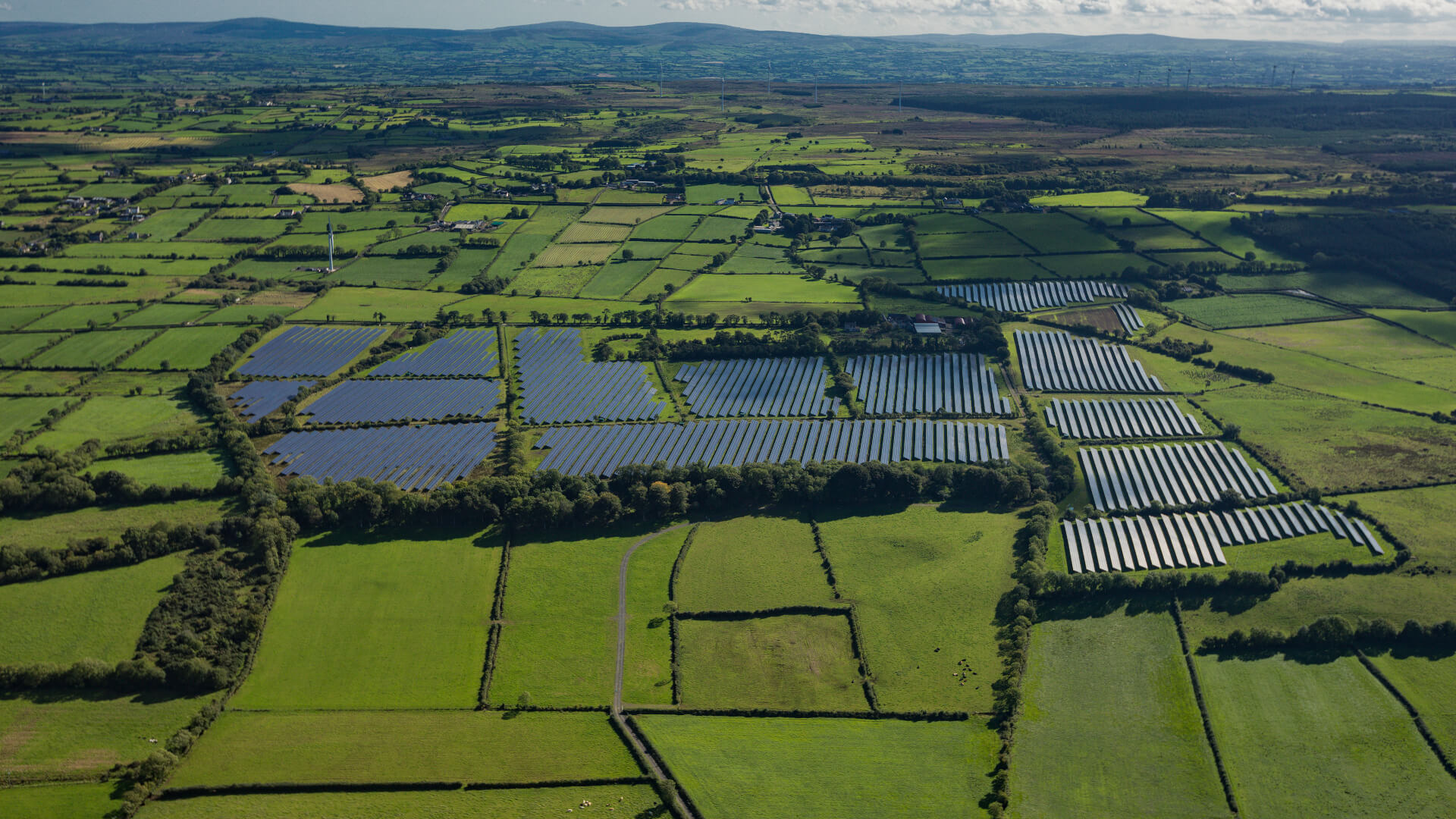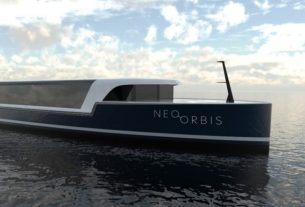United Kingdom – Octopus Hydrogen and BayWa r.e. have signed a Memorandum of Understanding (MOU) to work together on innovative green hydrogen production facilities at renewable project sites throughout the UK.
Octopus Hydrogen will install electrolysers, compression, and mobile hydrogen storage alongside selected BayWa r.e. solar and wind projects as part of the strategic partnership. Initial projects identified in the UK’s growing BayWa r.e. project pipeline will have the capacity to produce up to 6,500kg/day of green hydrogen, with first deliveries expected next year. Octopus Hydrogen will generate green hydrogen that will be stored and distributed to customer sites, providing an end-to-end hydrogen supply solution while also assisting in the decarbonization of local sectors such as commercial transportation.
Green hydrogen
Green hydrogen is critical for the UK to meet the Government’s 2050 net zero targets, and as outlined in the 10 point plan for a green industrial revolution, the government is aiming for 5GW of low carbon hydrogen production capacity by 2030 for use across the economy, in collaboration with industry. Green hydrogen works best in sectors where carbon reductions are most difficult to achieve, such as as a fuel source for decarbonizing heavy transport, shipping, and aviation. Octopus Hydrogen is already working on several ground-breaking projects, including providing green hydrogen to ZeroAvia’s R&D center at Cotswold Airport, an initiative that will deliver some of the first green hydrogen in the UK’s South West.
Octopus Hydrogen’s new software will optimize electrolyser usage, assisting in grid balance and driving efficiencies. This renewable generation optimization is a catalyst for new renewable capacity, reducing the UK’s reliance on imported fossil gas, which is driving the current energy crisis. The hydrogen manufacturing facilities will be directly linked to on-site renewable energy generation. Because electricity is a major cost factor in green hydrogen production, this concept is advantageous because it ensures low electricity costs for the electrolyser. Approximately 30-40% of the renewable energy generated will be consumed directly on-site by the electrolyzer, with the remainder being fed into the grid. On-site hydrogen production also eliminates the possibility of renewable energy production being curtailed due to grid congestion.




